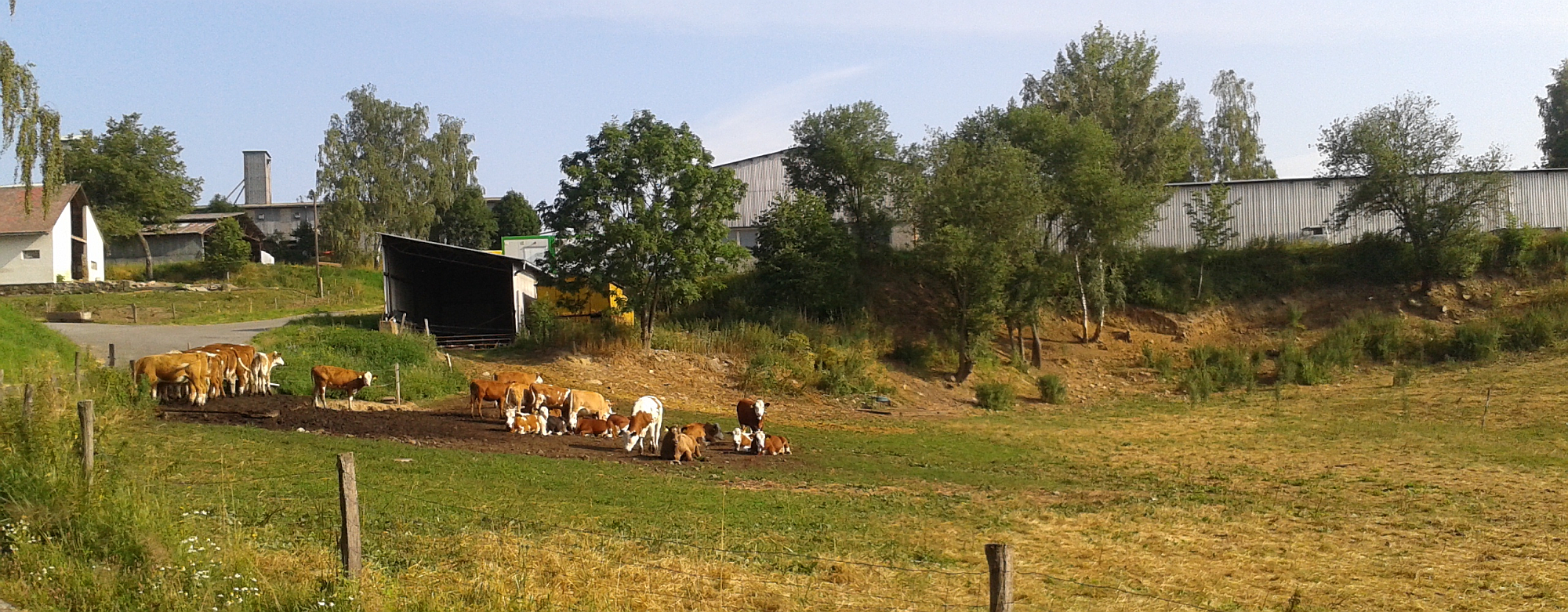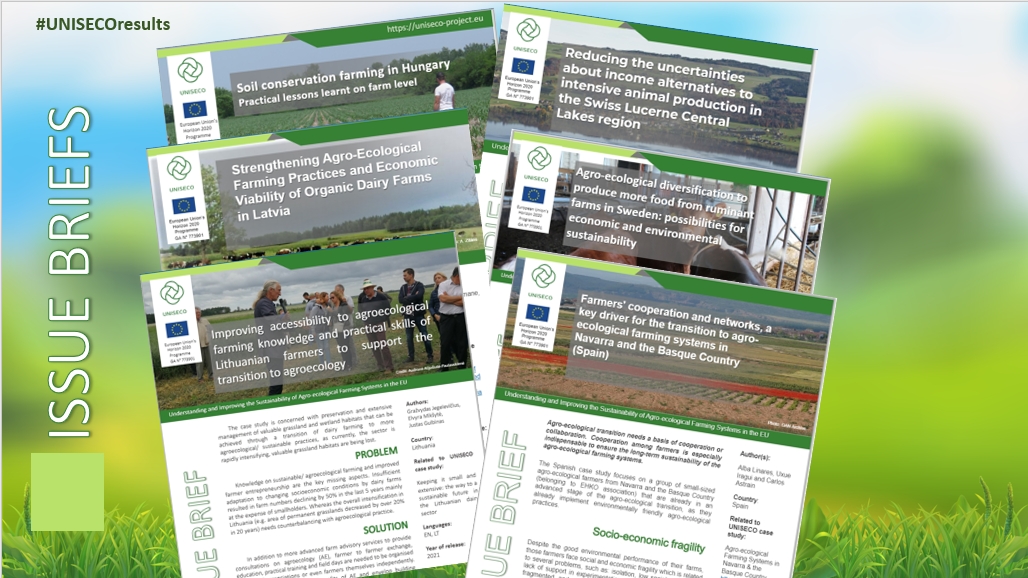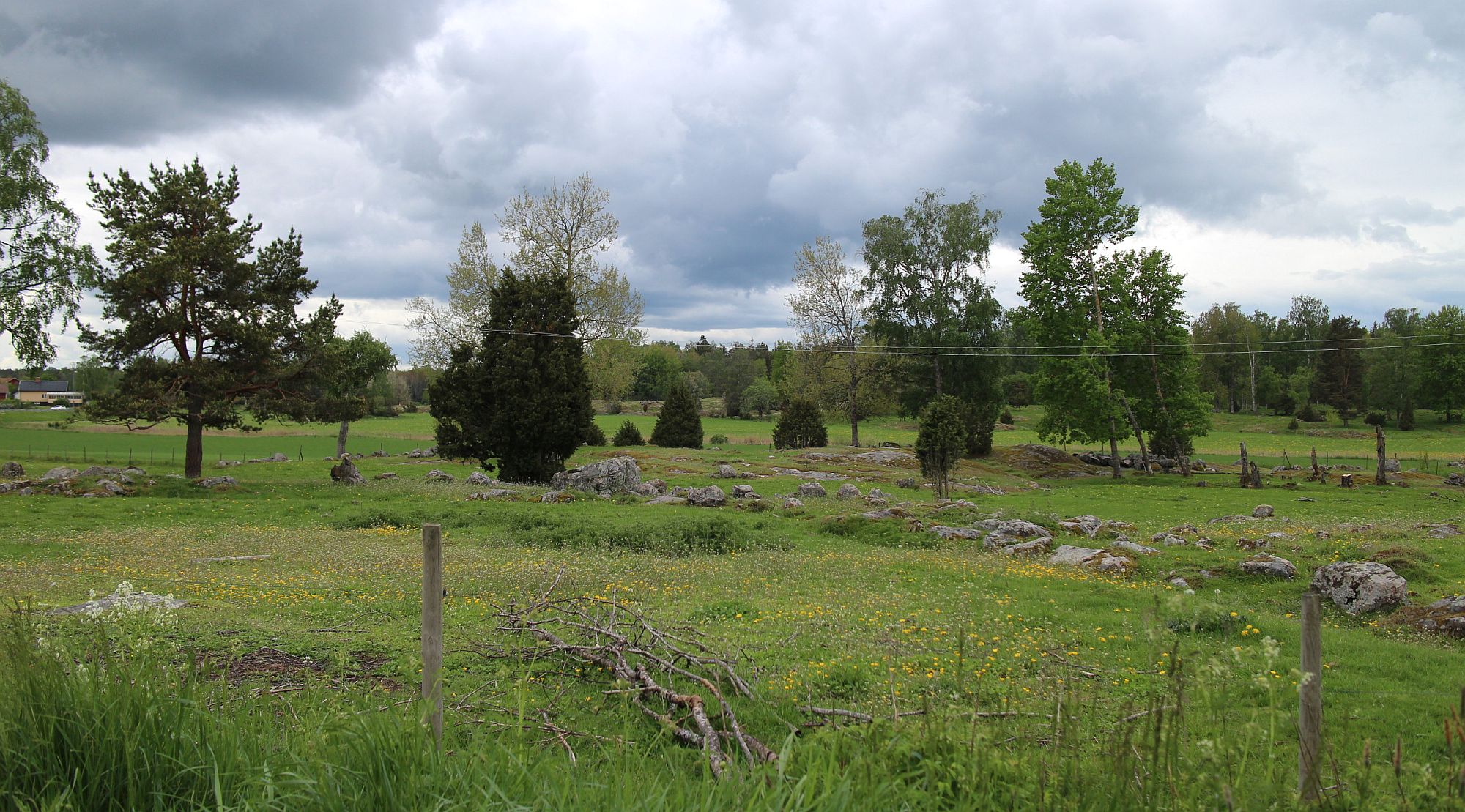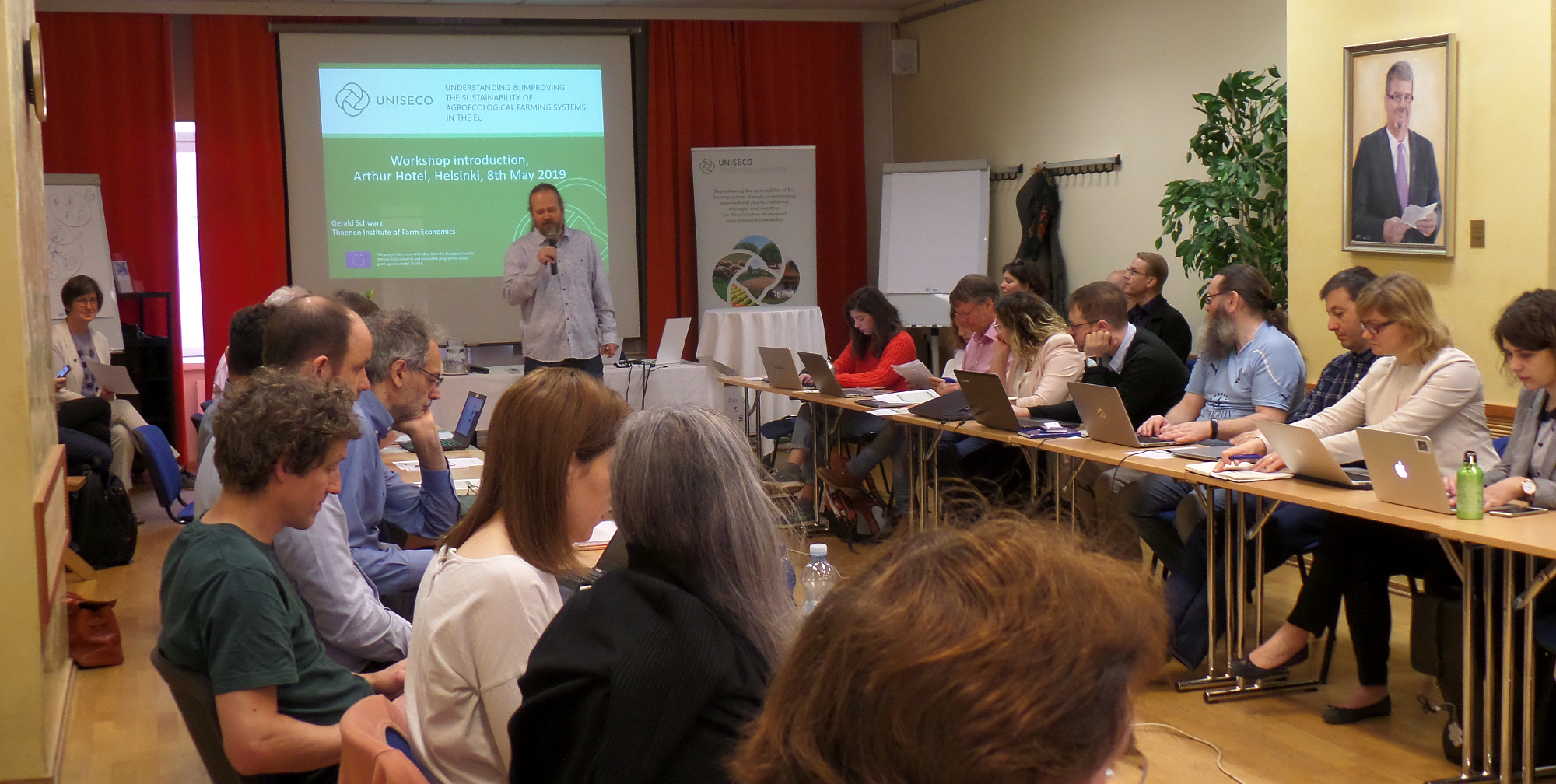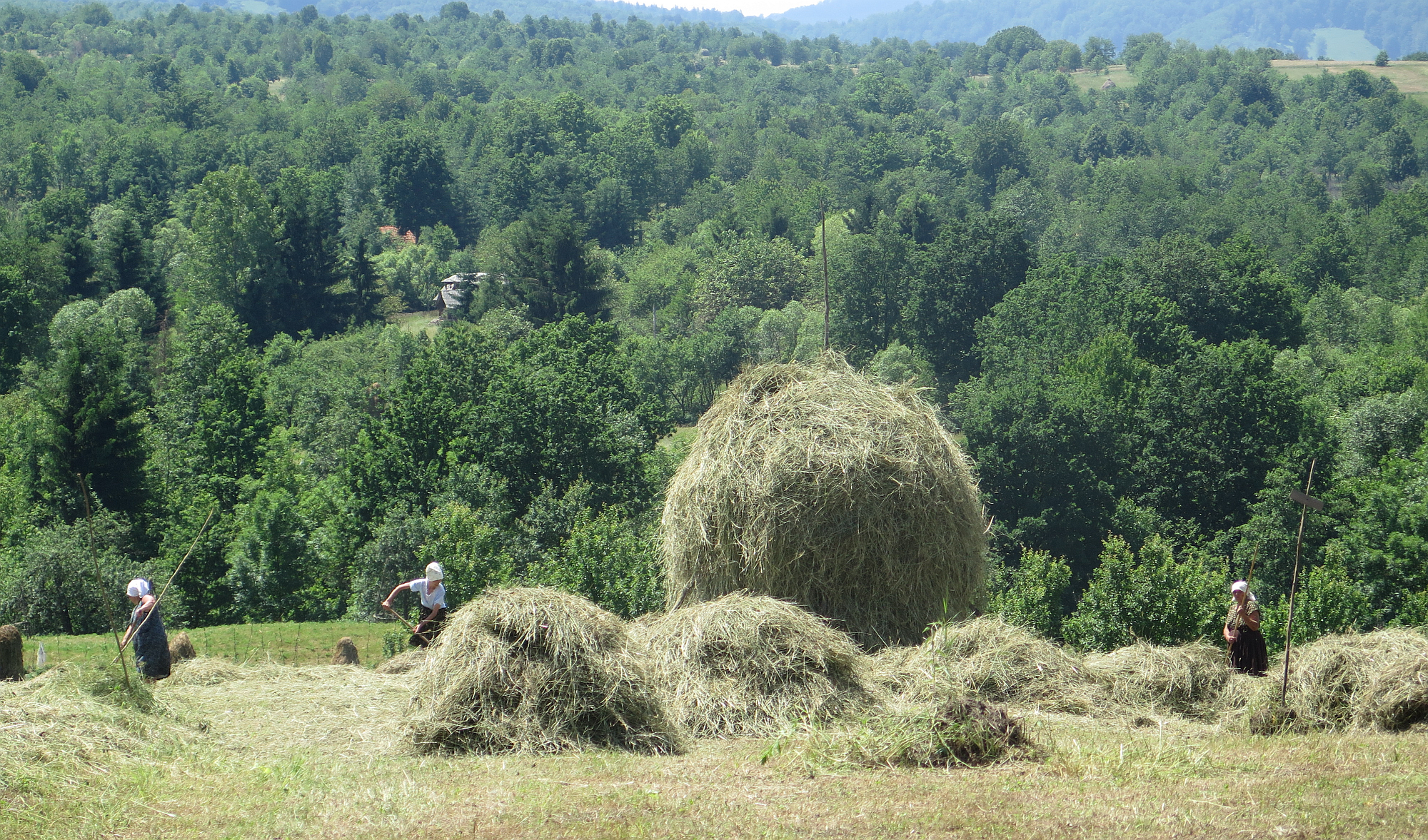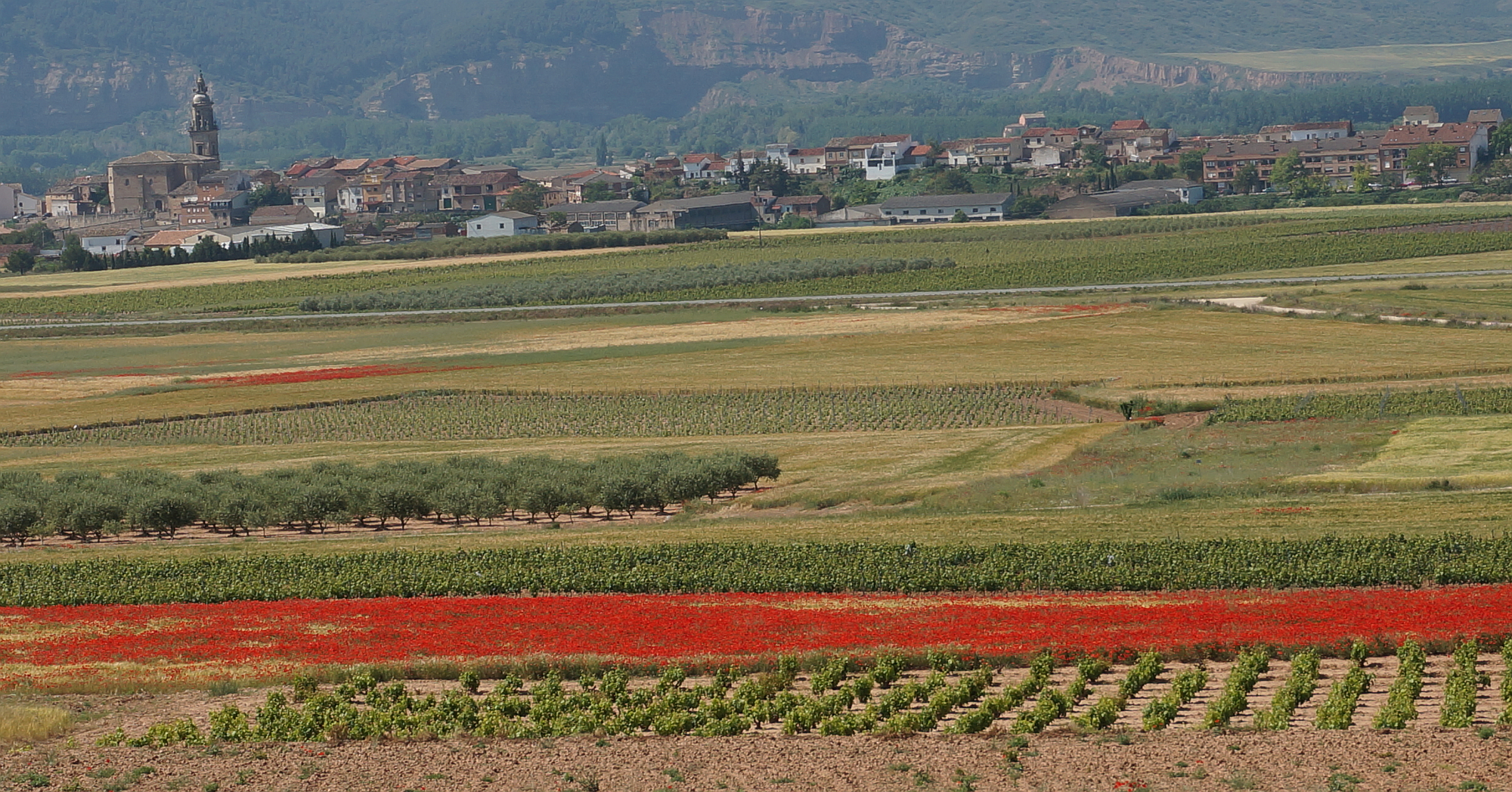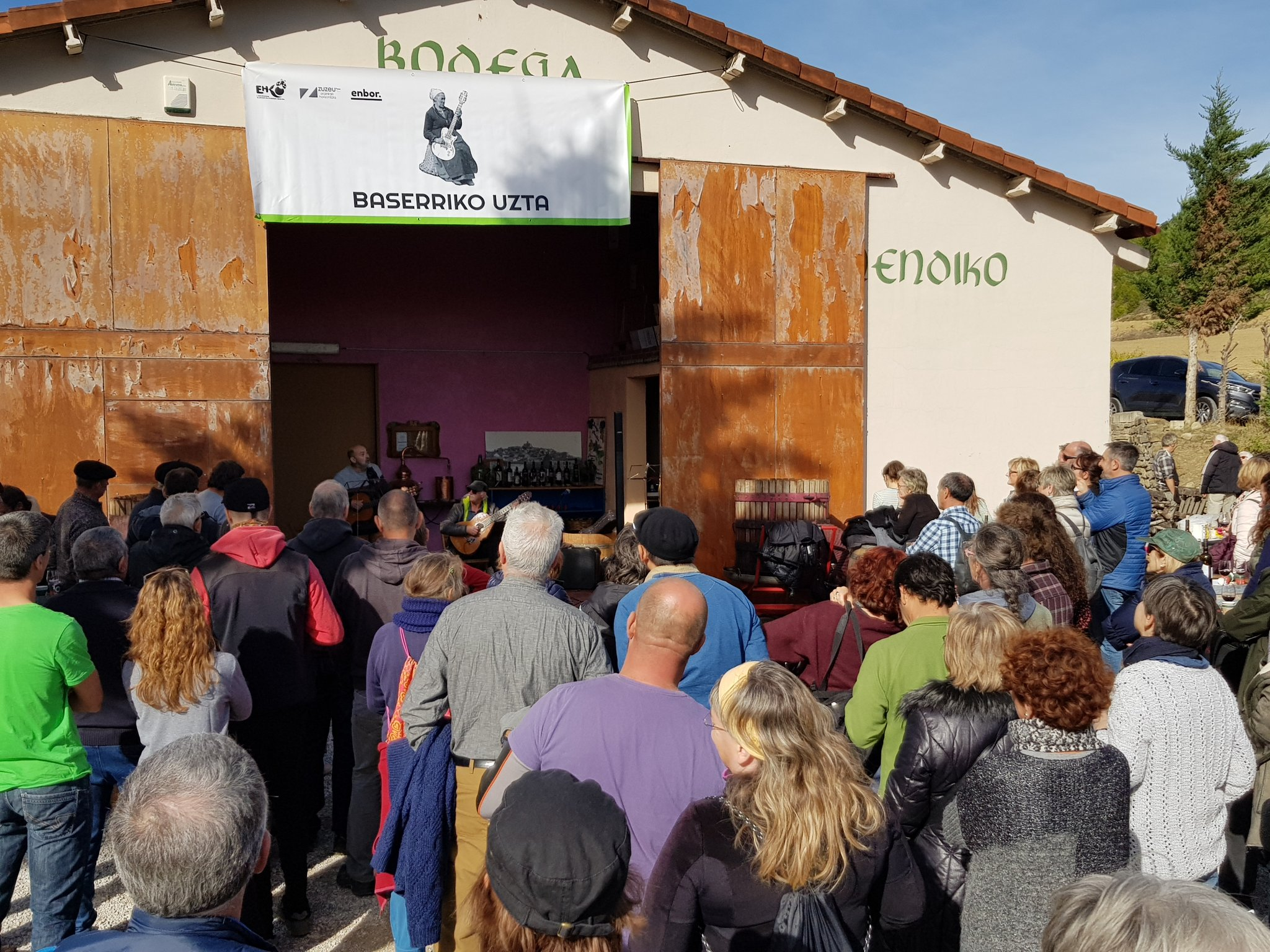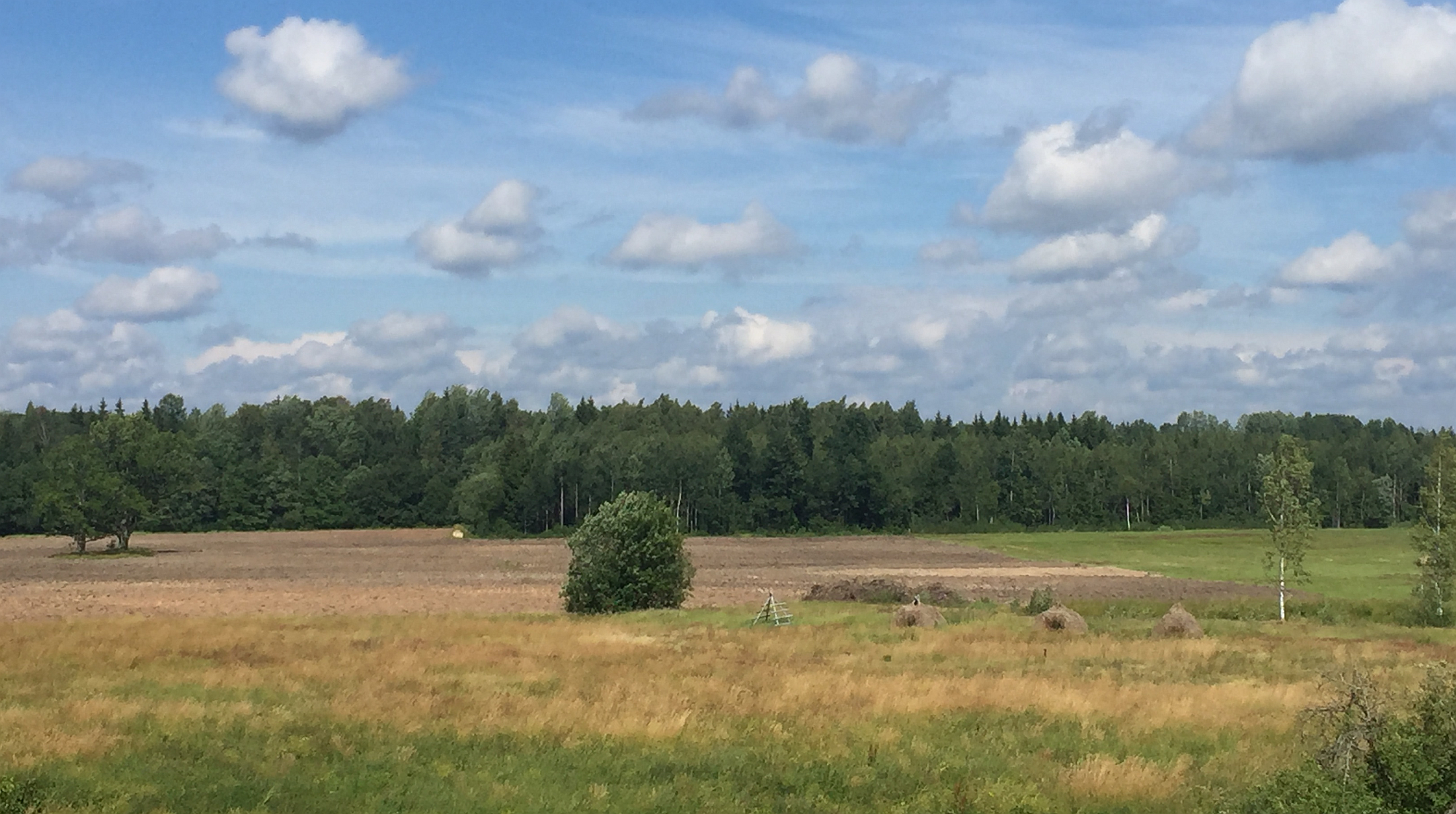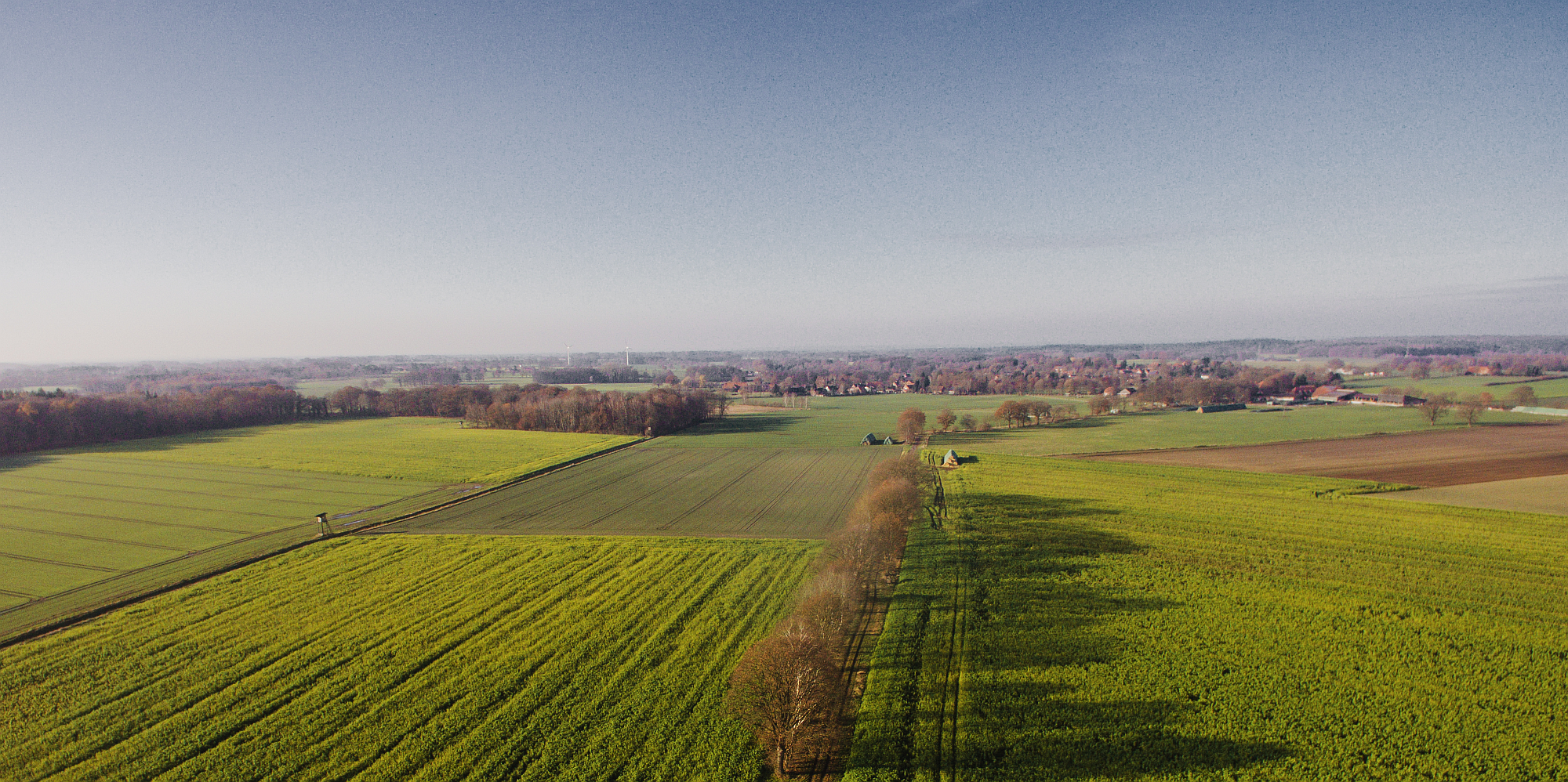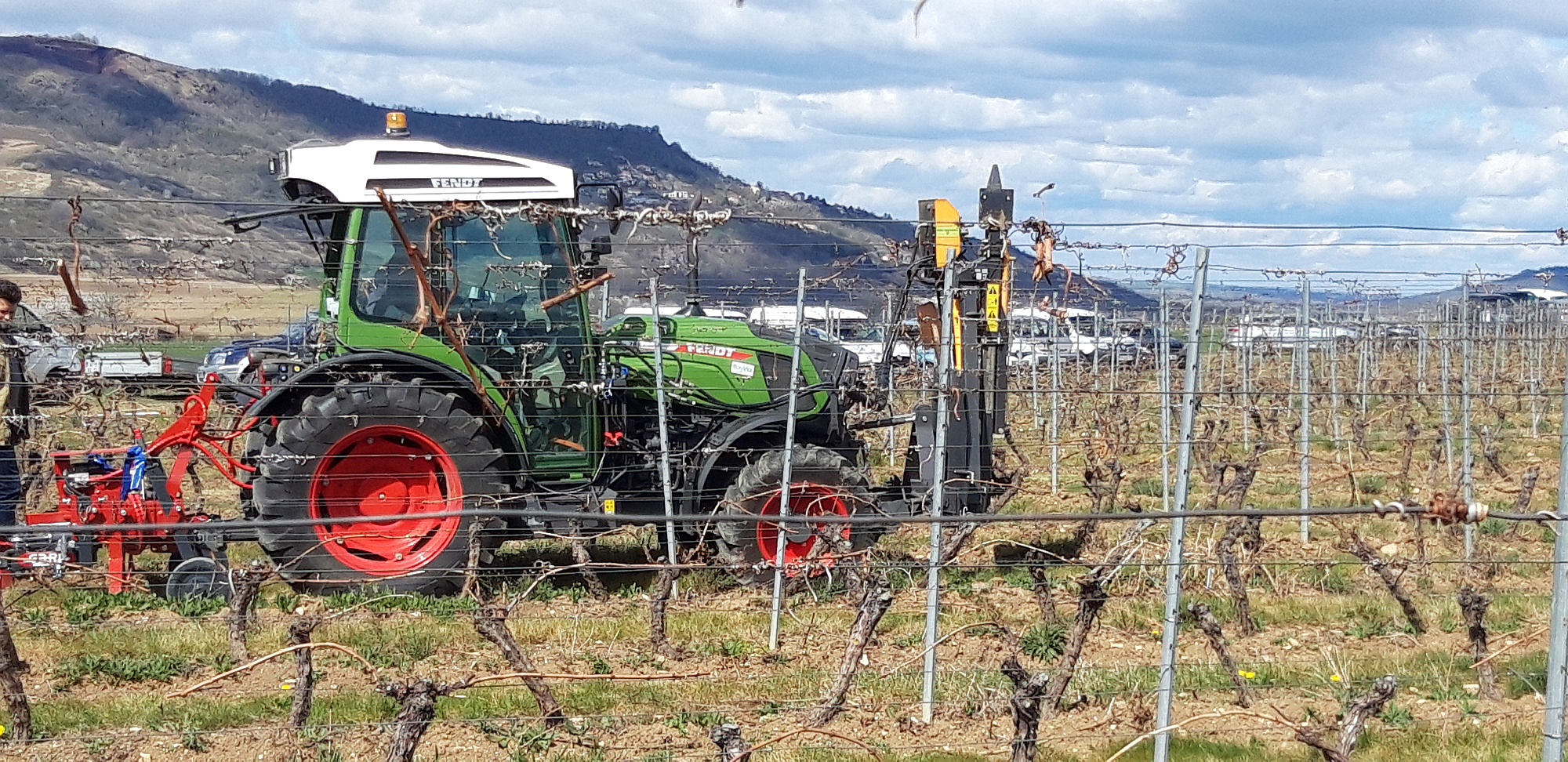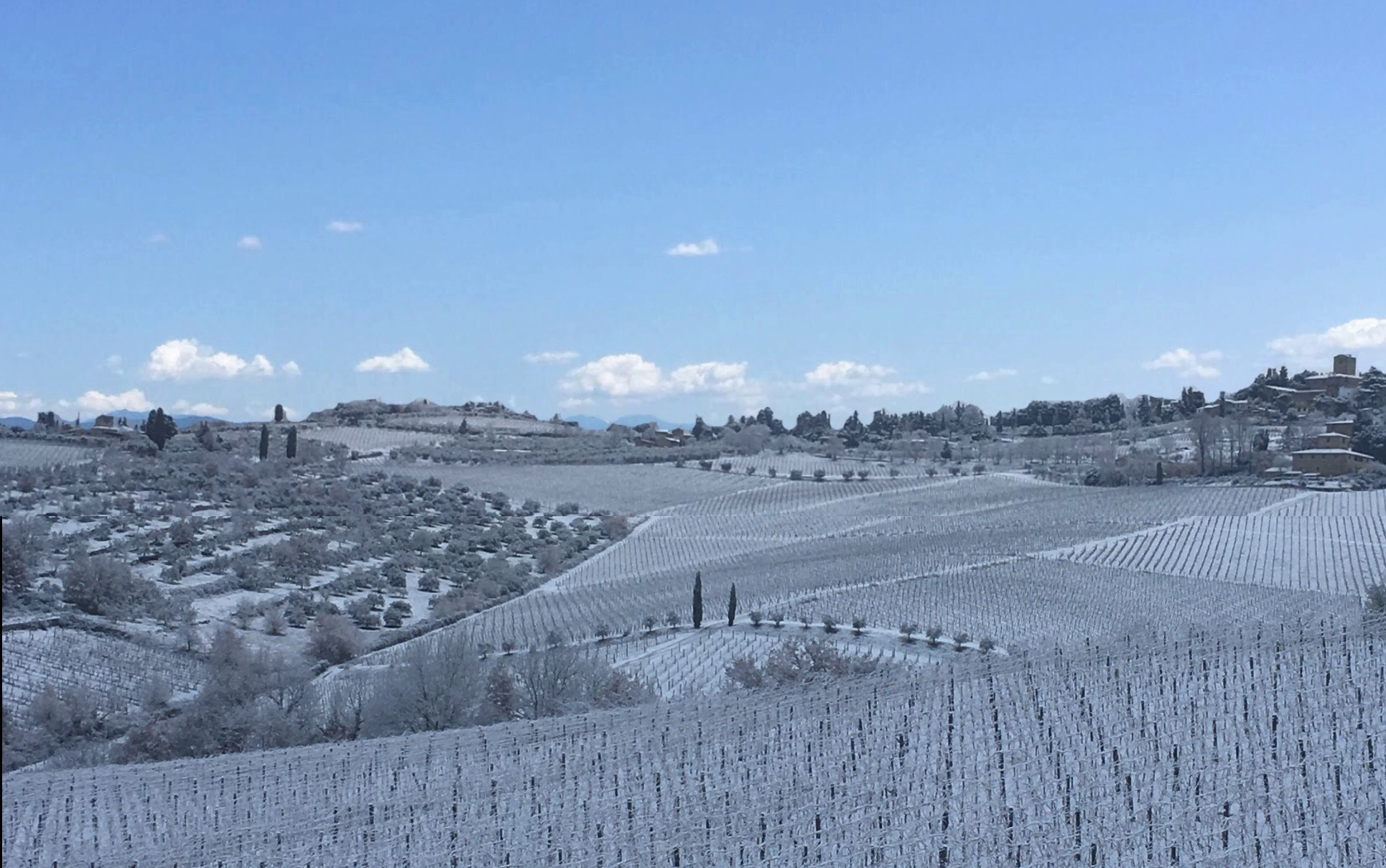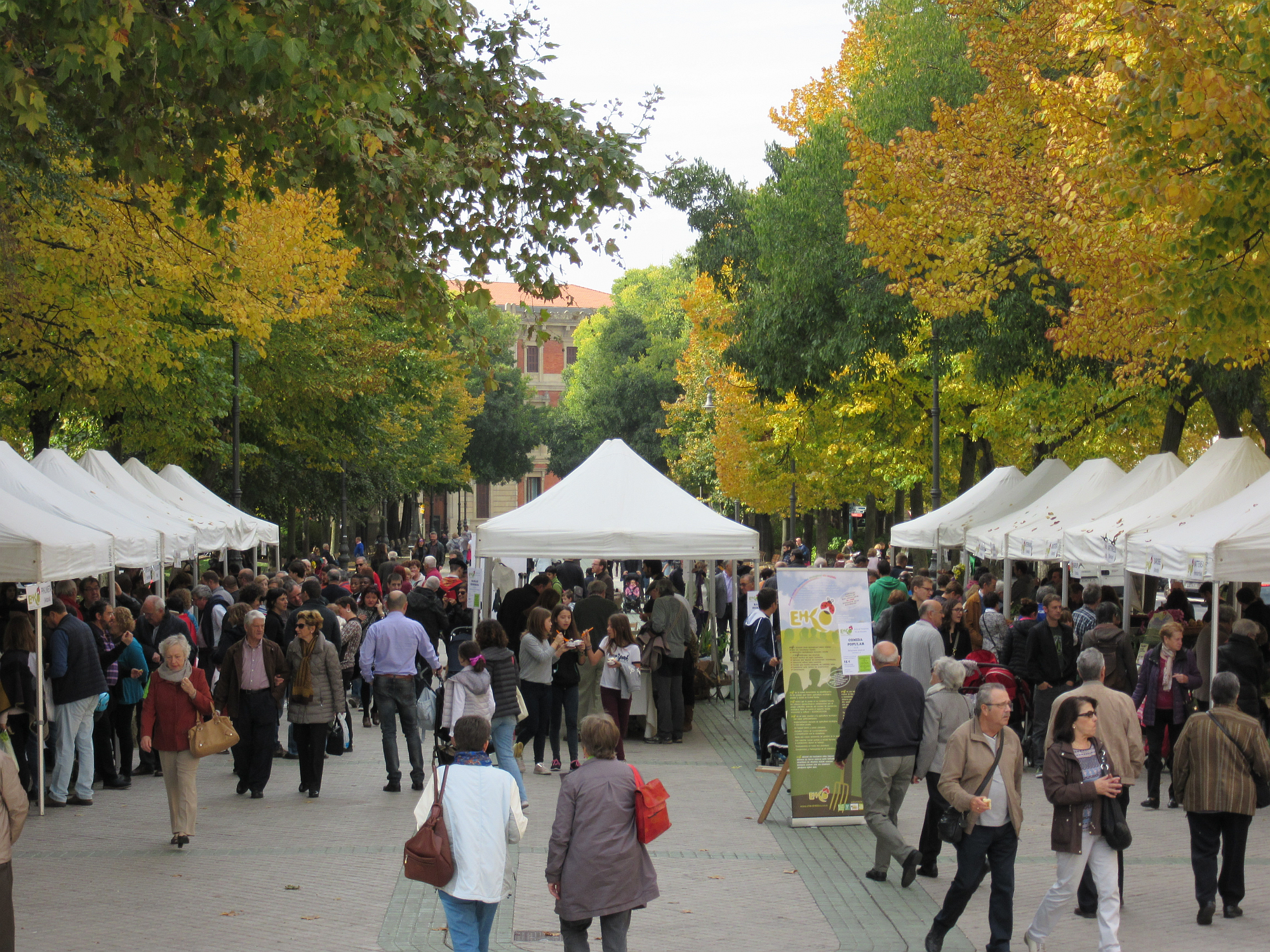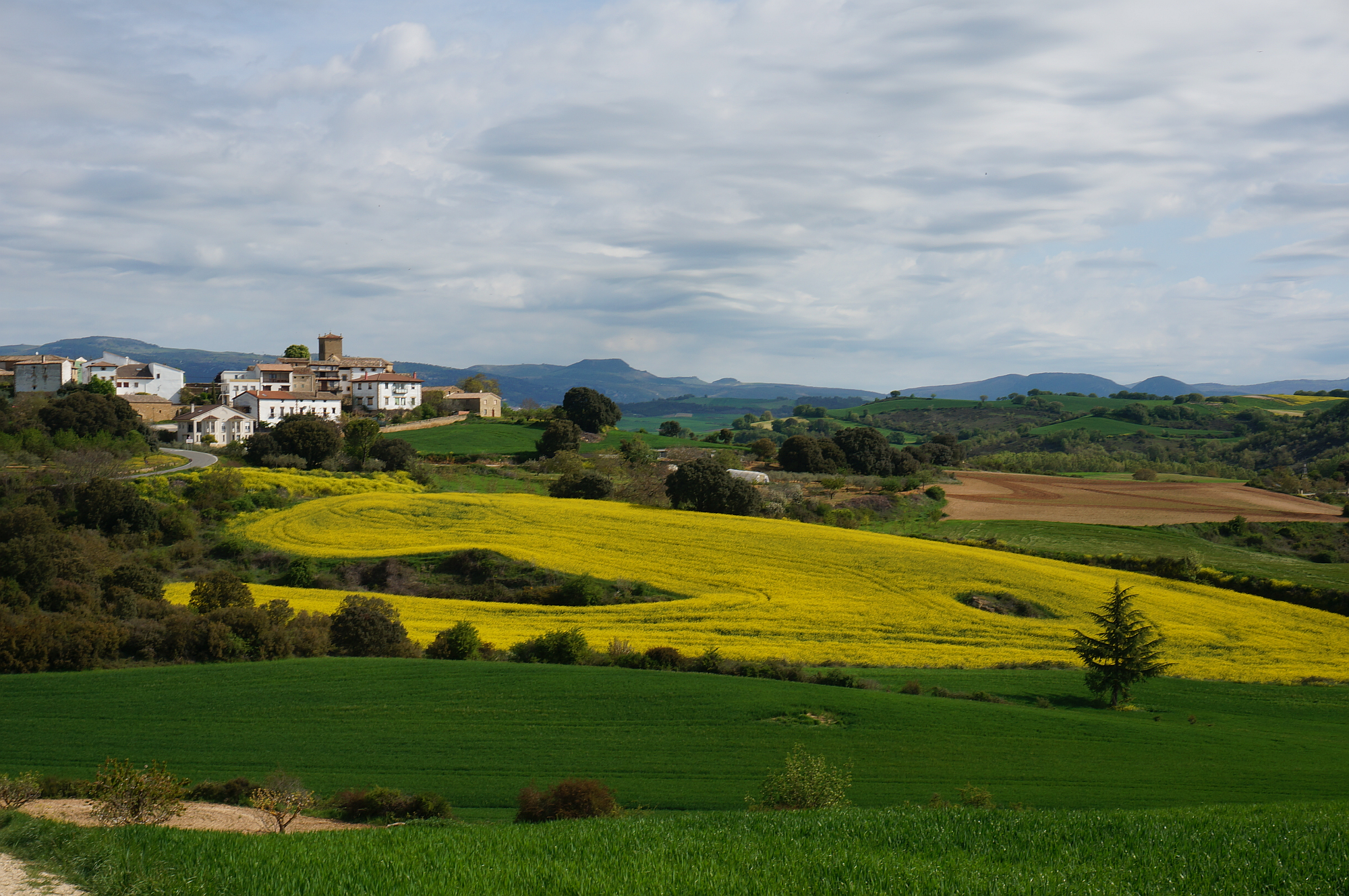Links to further initiatives
The Agro-ecological Knowledge Hub intends to become hotspot for information sharing about research and innovation on agro-ecological transitions primarily with a focus on projects, initiatives and practice in Europe but also beyond. Therefore, we welcome your suggestions for further links that deal with this topic.
European R&I partnership on agroecology living labs and research infrastructures
The European Commission has proposed a new initiative provisionally entitled “Accelerating farming systems transition: agroecology living labs and research infrastructures” as one of the candidate European partnerships in food, bioeconomy, natural resources, agriculture and environment under Horizon Europe.
The Commission has proposed this partnership because agroecology can make a powerful contribution to addressing the climate, biodiversity, environmental, economic and social challenges the world is facing. As such, it is mentioned as one of the sustainable practices to promote and scale-up in the European Green Deal and in the Farm to Fork and Biodiversity strategies, which highlight the potential of agroecology to reduce the use of pesticides, fertilisers and antimicrobials. Moreover, agroecology is one of the types of agricultural practices that the future common agricultural policy eco-schemes could support.
The Standing committee on agricultural research (SCAR) has established a new strategic working group on agroecology (SWG-AE), that will be responsible for developing the partnership proposal, in close coordination with Member States and Associated countries, stakeholders and the two projects ALL-READY and AE4EU, which are contributing to the partnership’s development.
Read more on the European R&I on agroecology living labd and research infrastructures: https://ec.europa.eu/info/research-and-innovation/research-area/agriculture-forestry-and-rural-areas/partnership-agroecology_en
FAO: Tool for Agroecology Performance Evaluation (TAPE)
There is an increasing amount of evidence showing the positive impacts of agroecology on the environment, on biodiversity, on farmers’ incomes, on resilience, and on adaptation and mitigation to climate change. However, these results often remain fragmented in case studies, isolated experiences or field observations, usually based on heterogeneous methods and data as well as differing scales and timeframes.
The need for harmonized evidence on agroecology was a systematic recommendation from the various global and regional consultations on agroecology organized by FAO between 2014 and 2018, and specifically requested by FAO governing bodies in 2018. To respond to these mandates, FAO and a large number of partners have developed the Tool for Agroecology Performance Evaluation (TAPE).
Based on various existing assessment frameworks, TAPE is a comprehensive tool that aims to measure the multi-dimensional performance of agroecological systems across the different dimensions of sustainability. It applies a stepwise approach at the household/farm level but it also collects information and provides results at a community and territorial scale. The tool was designed to remain simple and to require minimum training and data collection. Read more about TAPE here: http://www.fao.org/agroecology/tools-tape/en/
